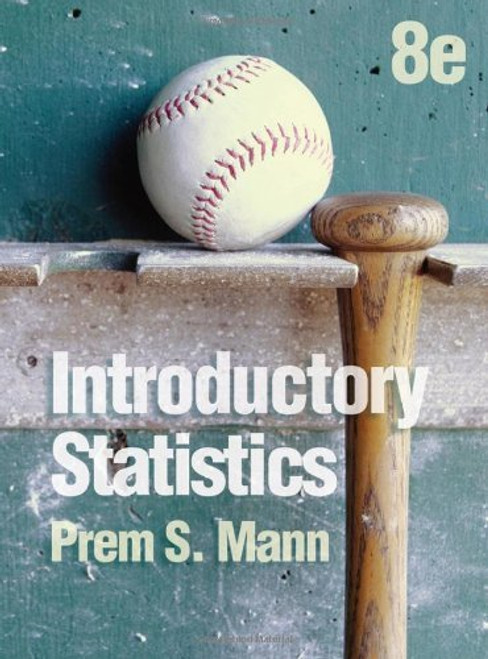Product Overview
The purpose of Introductory Melodious Etudes is to give the trombonist a chance to practice the various techniques of legato playing without taxing his endurance. Each study is eight measures long and offers a complete musical statement. Ferdinand Sieber (1822-1895) was a well-known singing teacher in Dresden and Berlin. His teaching was in the Italian tradition and his vocalises make excellent studies in legato phrasing to prepare the student for the more extensive Bordogni etudes found in Melodious Etudes by Rochut. In legato playing, the changing from one note to another (without stopping the sound) is most effectively done by lightly tonguing each note. By doing so, hte sound remains even throughout and the lip break or the glissando is avoided. The tongue stops one note and begins the next at the same moment. Once there is any separation between notes, the legato is lost. There are different approaches to playing legato on the trombone, from the full-toned symphonic sound to the more narrow and intense sound onf the jazz player. The trombonist who can vary his sound to fit the different types of music he is called upon to perform, will find this to be to his advantage. In this book certain slide positions are suggested to minimize the distance the slide has to travel between notes, thereby enhancing the legato capabilities. The trombonist should cultivate the alternate positions both in tone and intonation and thereby gain in techniques of expression. Phrase markings have been edited in some instances to make the music more trombonistic. (Remember these are vocalises and originally dealt with syllables as well as tones). Certain of these changes may be made at the player's or the teacher's discretion







